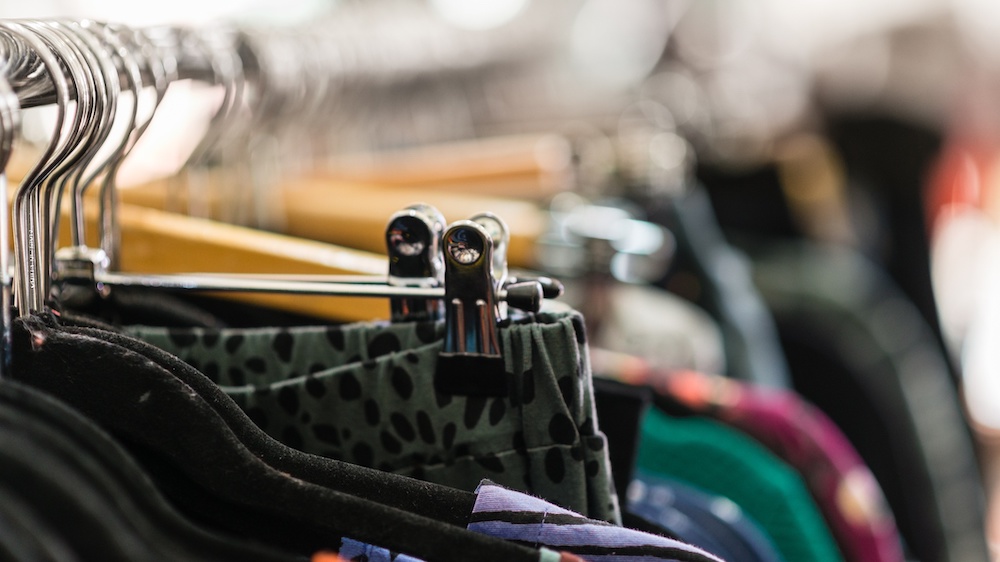If you’re interested in sharing your opinion on any cultural, political or personal topic, create an account here and check out our how-to post to learn more.
____
If I can be completely honest, privilege is the most profound thing I have ever come across in my 21 years of living. At first, we were battling white privilege, which aided white people through every and any trial or tribulation in life. We have pretty/clout privilege, which lets people with pretty faces get away with saying and doing horrible things, accepting their trashy, insincere apologies. Today, we are now aware of socioeconomic privilege, where we talk about how people in the upper class can wear what they want as well as reprimand and demonize the lower class for trying to dress in the same manner.
It’s unfair to demonize those of the lower class for participating in fast fashion, trying to stay in trend to be considered visually acceptable according to the standards set by the upper class. Even though it is not hardcore discrimination, it definitely is a play on putting the lower class down for trying to keep up or catch up to everyone after hundreds of years of oppression.
In school, we talked about how fashion is definitely a status symbol that can create financial hardships for people in lower classes. The problem can be stated as people trying to follow new trends blindly, but saying that doesn’t acknowledge how what a person is wearing affects their everyday lives. People try to emulate a certain lifestyle, and it seems as though this demonizing of fast fashion is almost a direct attack on those in the lower class for wanting to belong. I just want to shine a light on how fast fashion may not be the most ideal choice, but it is rooted in society using fashion as an aspect of social status.
Society advertises being wealthy. Nowadays we spend a lot of time online browsing, bombarded by the number of ads pushed toward us by algorithms. It is made to push certain products to us by whatever means necessary. As long as they can shift some aspects of social life, they have achieved their newfound goal: mediatization.
Mediatization goes back to the lower class having reference groups they aspire to be like or emulate. The media presents commercials starring big-name celebrities that others look up to and want to be like. No matter what the target age consumer is, people see someone they like eating a certain food to maintain their health, wearing a certain type of pants to show how good their butt looks or buying a new pair of sneakers because they want to perform at the same level as their favorite athlete. This is the media basically handing the lower class what they believe to be the key to success, the way to gain class mobility so they can rise up and possibly be the next celebrity pushing the same propaganda that they fell for. To put it simply, you cannot blame these people for falling into the traps that society has literally placed right in front of them.
Fast fashion also tends to be more conveniently priced and accessible. If we’re going to use the denominating factors of class and socioeconomics, we have to address the economic side. Obviously, if you are in the lower class you’re not making the same money someone in the upper class is. Fast fashion, even though environmentally damaging, creates an inclusion factor that allows the lower class to participate and not be left out.
Also, it is key to note that not all fast fashion is damaging to the environment. For example, I ran across an article where a girl re-sells items, almost as a traveling thrifting shop. Her method actually allows the lower class to participate in fast fashion while also being ethical consumers, since they have now found a more sustainable means to shop. To shame these consumers for choosing fast fashion methods is disregarding the socioeconomic pressures that forced them into this position to start with.
There is so much privilege in being able to critique people without understanding their positionality. A doctor cannot tell a lawyer how to do their job because they are not in similar fields. Therefore, it would not make sense for anyone in the upper or middle class to speak on how the lower class decides to live their life because they are simply not in the same socioeconomic field.
